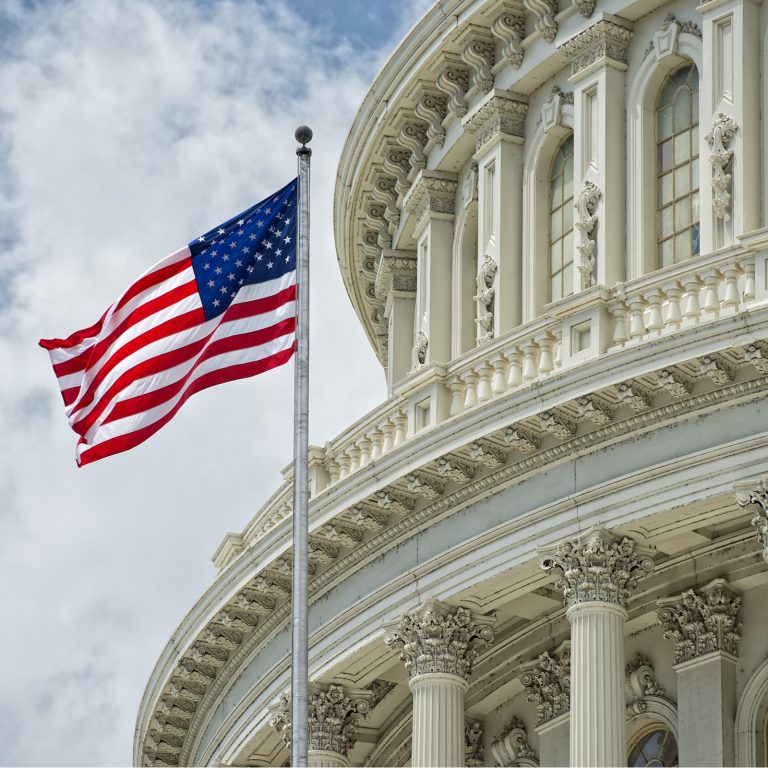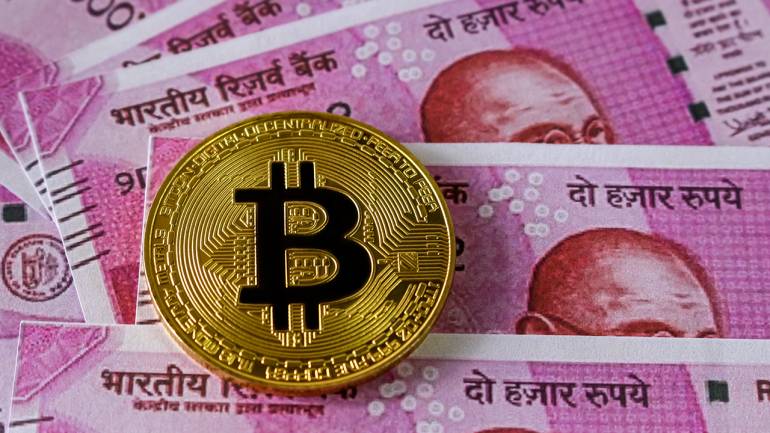2018-11-16 02:10 |
As you may have already heard, India is planning on banning cryptocurrencies. The Indian government does not love cryptos. Everyone who read the news when the government banned banks from having crypto exchanges as clients knows that their instance on the market is far from slightly good.
At the moment, nobody is exactly sure how the government will attack cryptos next but most experts agree that they will do it soon and that it will be very hard for the government to actually ban cryptos instead of only creating more problems and innefficiencies.
According to the experts, any attempt to ban virtual currencies in the country might only end up fuelling more money laundering, tax evasion and illegitimate transactions. QZ.com has reported on the issue affirming that India’s plans for banning cryptos are doomed.
Cryptos Are Tough To Actually BanIt is important to notice, before anything else, that cryptos are not bound by any national jurisdictions despite what the law says. While you can create laws to try to regulate them, they are powered by the blockchain technology, which is often decentralized and uses an online public ledger to record transactions using a global network of computers.
The problems arise when you try to ban it because there is no mechanism for doing it properly except jailing people using Bitcoin. As the networks are decentralized, you cannot shut down a single server like China did with Google some time ago.
At the moment, there are a total of 10 large crypto exchanges in India and they have a user base of over 6 million users. There are also several small companies, though most of them were broken when the first ban was implemented.
The Finance Minister of India, Arun Jaitley, has recently helmed a meeting of officials in the central bank of the country and tasked them with “regulating” the crypto market. However, they ended up discussing ways to ban crypto trading instead of taking a proactive approach like many other countries and helping the market to develop.
What Indians experts believe is that the government may follow China and ban cryptos, including buying and selling them. There is even the possibility that the possession of cryptos may be criminalized in the country.
Nischal Shetty, the founder and CEO of WazirX, for instance, believes that it will be impossible for the authorities to implement their plans at the end of the day because you can even shut down these top 10 exchanges but you cannot search each computer in the country to know if people are not storing their cryptos on digital wallets, a laptop or a pen drive.
Banning big exchanges might be doable, but small and more local exchanges will probably continue their activities in a more clandestine way, Shetty has affirmed. Also, traders can start to use international platforms instead of the local ones. The government could, then, block them from the country, which would be enough to block the access of most people to them.
However, one can use VPNs (virtual private networks) to access blocked sites, which would also make things difficult for the government of India.
There are also decentralized P2P channels that could be used to transfer money via overseas exchanges. Tanvi Ratna, a policy counsel at Incrypt, a blockchain advisor, believes that foreign exchanges allow the trading of Monero, Zcash and some other private coins, transactions can become untraceable, which would be difficult for the government.
Trading will not be without risks, however, as people will eventually have to cash out their crypto money and the government might discover then at this occasion.
Making Everything WorseFirst, it is important to notice that the government is not fully baseless when it affirms that people will use cryptos for money laundering. Some people do use it. Cryptos like Monero are specially fit for money laundering.
However, here is the mistake of the government: the way to curb money laundering is not banning cryptos, but regulating them. It makes sense. If you can use cryptos in a legal way, you can make their use more transparent and regulated and normal people will try to comply with the law because they will fear the problems that not doing it might bring them.
Therefore, banning cryptos would drive them underground. If every user is a criminal, transparency would be hurt and it will be even harder to find money launderers. People will still keep using cryptos to launder money, only it will be harder to find them.
Illegal transactions will become more common and the whole problem will only get worse and worse as time passes. Ironically, the CEO of Eleven01, Ausaf Ahmad, affirms, the only way to control cryptos is by using a clear framework and regulation that defines exit points and requirements.
China: To Follow It Or Not To Follow ItMore people would follow the rules if they exist, while you create a no man’s land if you ban then. Yes, legitimate crypto use will diminish in India if the cryptos are banned, just like they did in China, but the illegal uses of cryptos will go up a lot.
In the end, it would be easier for India not to follow China and simply legalize cryptos. China, being a non-capitalist country that actually loves the blockchain and despises crypto, has political and ideological reasons for the bans as it makes only the technology worth and not their prices, which curbs the capitalization of the technology, but India would not benefit by doing this.
The clear fact here is that India is only concerned with money laundering. In this case, this is simply the wrong choice. Unless you really want to destroy the legitimate market for other reasons (like owning it) like China did, legalizing is the way.
At the moment, only Bangladesh has followed China and banned cryptos. Japan, Australia, Malta, Thailand, the United States, the Arab Emirates and even some countries in Europe are all slowly realizing that banning might not be a great idea and that they should simply regulate the market.
Even in China, traders are still using Bitcoin after the ban, only now using more P2P ways to deal with them. Most companies have either been finished or decided to go to other crypto-friendlier jurisdictions like Malta or Singapore.
All this proves that banning is not a good idea when your objective is now allowing people to trade. If you just want to crush the market for any reason, China has found the way, but otherwise, it is simply not a good idea at all.
origin »Bitcoin price in Telegram @btc_price_every_hour
India Coin (INDIA) íà Currencies.ru
|
|
























